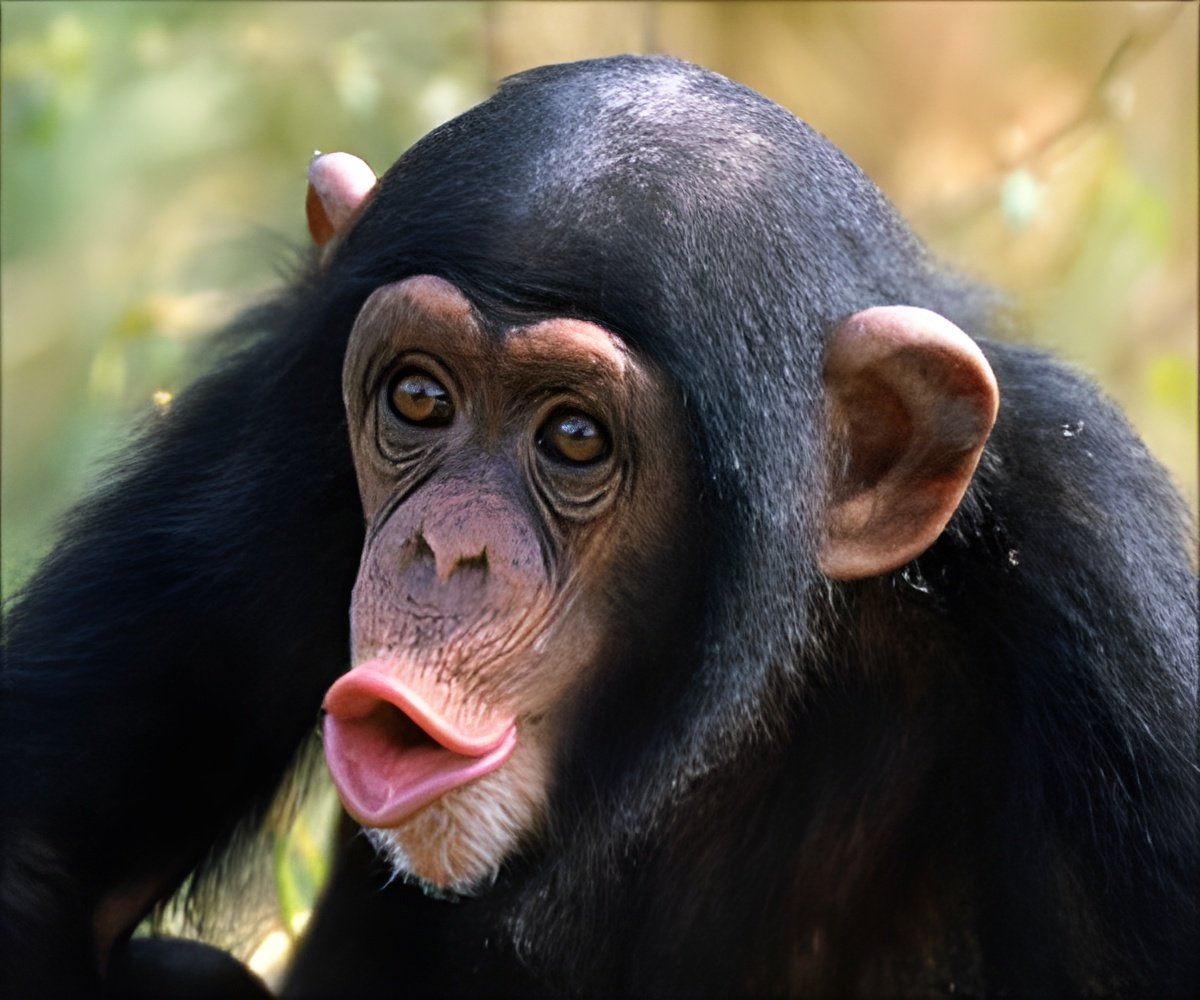A chimpanzee waits for more than two minutes to eat six grapes, while a black lemur can't wait more than 15 seconds to grab even if only two grapes are available.

A paper published today in the scientific journal Proceedings of the Royal Society B explores the evolutionary reasons why some primate species wait for a bigger reward, while others are more likely to grab what they can get immediately.
"Natural selection has shaped levels of patience to deal with the types of problems that animals face in the wild," said author Jeffrey R. Stevens, a comparative psychologist at the University of Nebraska-Lincoln and the study's lead author. "Those problems are species-specific, so levels of patience are also species-specific."
Studying 13 primate species, from massive gorillas to tiny marmosets, Stevens compared species' characteristics with their capacity for "intertemporal choice." That's a scientific term for what some might call patience, self-control or delayed gratification.
He found the species with bigger body mass, bigger brains, longer lifespans and larger home ranges also tend to wait longer for a bigger reward.
Chimpanzees, which typically weigh about 85 pounds, live nearly 60 years and range about 35 square miles, waited for a reward for about two minutes, the longest of any of the primate species studied. Cotton-top tamarins, which weigh less than a pound and live about 23 years, waited about eight seconds before opting for a smaller, immediate reward.
Stevens combined those results with those of scientists who performed similar experiments with other primates. He scoured primate-research literature to gather data on the biological characteristics of each species.
"In humans, the ability to wait for delayed rewards correlates with higher performance in cognitive measures such as IQ, academic success, standardized test scores and working memory capacity," he wrote. "The cognitive ability hypothesis predicts that species with higher levels of cognition should wait longer than those with lower levels."
But Stevens found no correlation between patience levels and an animal's relative brain size compared to its body size, the measure he used to quantify cognitive ability.
Researchers also have argued that animals in complex social groups have reduced impulsivity and more patience to adapt to the social hierarchies of dominance and submission. But Stevens did not find correlations between species' social group sizes and their patience levels.
Stevens said he believes metabolic rates may be the driving factor connecting patience with body mass and related physical characteristics. Smaller animals tend to have higher metabolic rates.
"You need fuel and you need it at a certain rate," he said. "The faster you need it, the shorter time you will wait."
Metabolic rates also may factor in human beings' willingness to wait. Stevens said human decisions about food, their environment, their health care and even their finances all relate to future payoffs. The mental processes behind those decisions have not yet been well identified.
"To me, this offers us interesting avenues to start thinking about what factors might influence human patience," he said. "What does natural selection tell us about decision making? That applies to humans as well as to other animals."
Source-Eurekalert
 MEDINDIA
MEDINDIA




 Email
Email




